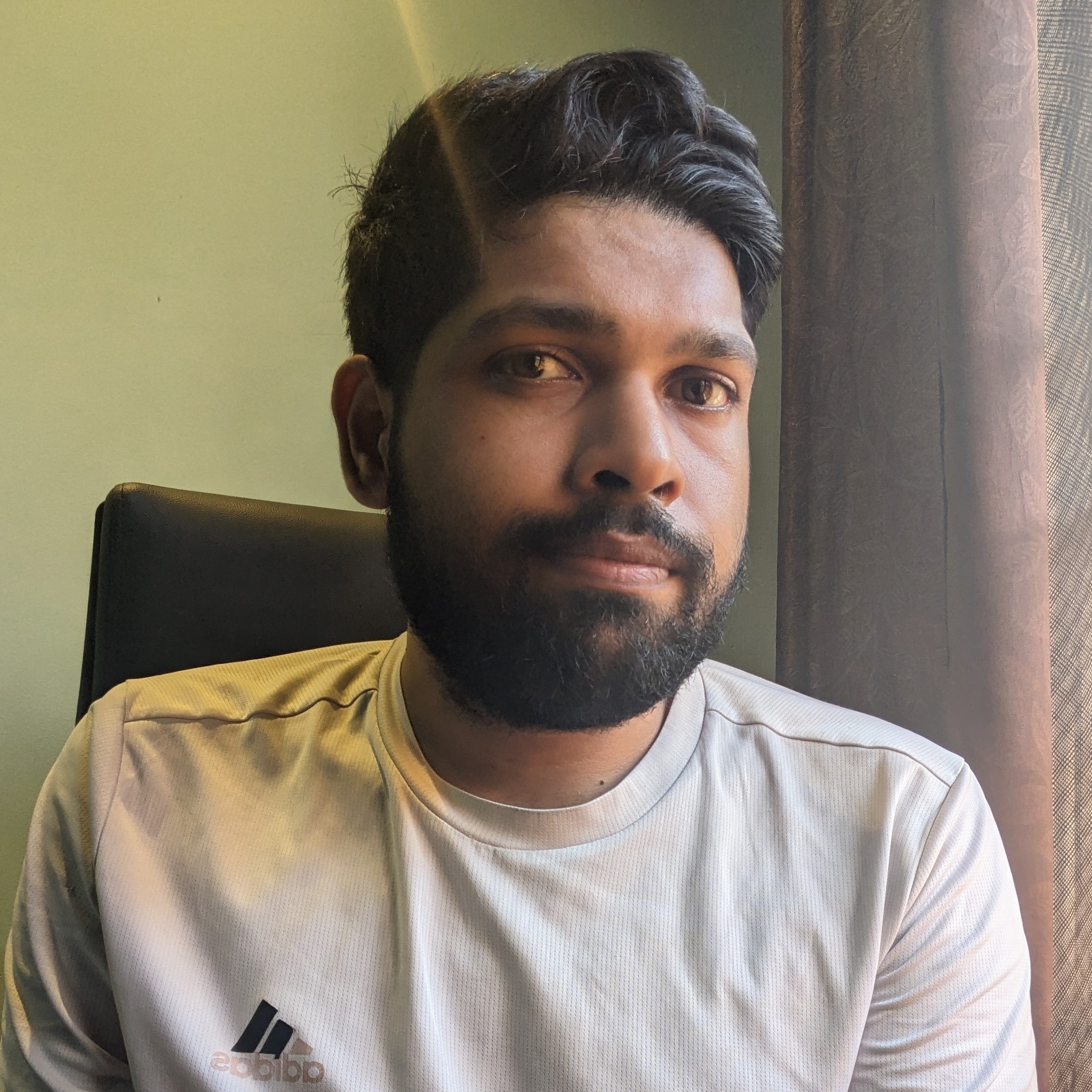American tennis legend Chris Evert has made clear her opposition to athletes who failed gender tests competing at the 2024 Paris Olympics, with the presence of two such boxers in women's boxing causing controversy at the event. After Australia's boxing captain Caitlin Parker voiced concerns about gender test-failed athletes competing in combat sports, Evert stood with the Aussie in her opinion.
The two boxers in question are Algeria's Imane Khelif and Chinese Taipei's Lin Yu-ting. Khelif, boxing in the 66kg category, was disqualified from the World Championships last year after tests revealed high testosterone levels. Lin, boxing in the featherweight category in Paris, was also disqualified from the same event in New Delhi, India. However, both have been cleared by the IOC (International Olympic Committee) to participate at the 2024 Olympics.
Speaking to media in Paris, Caitlin Parker stated her belief that it could be "incredibly dangerous" for women to box alongside Khelif and Yin, and asked that the matter be looked into by the concerned authorities.
"I don’t agree with them being allowed to compete in sport, especially combat sports,” Parker said (via The Telegraph).
“It can be incredibly dangerous. I don’t agree with it. It’s not like I haven’t sparred men before. But you know it can be dangerous for combat sports and it should be seriously looked into,” she added.
Taking to social media, Chris Evert chimed in on the controversy, remarking that she agreed with Parker.
"Me neither," Evert wrote on Twitter.
Evert is not the only other prominent personality to speak out against the participation of Khelif at the Olympics. With the Algerian set to take on Italy's Angela Carini in the Round of 16 next, the country’s Family and Equal Opportunities Minister Eugenia Roccella also shared her opposition to IOC's decision.
“It is of great concern to learn that two transgender people, men who identify as women, were admitted to women’s boxing competitions at the Olympic Games in Paris after having been excluded from recent competitions,” Roccella said.
“It is surprising that there are no certain, strict, uniform criteria at the international level, and that there can be a suspicion, and far more than a suspicion, of an unfair and potentially dangerous contest for one of the contenders at the Olympics, an event that symbolises sporting fairness," she added.
However, the IOC has stood firmly by its ruling, arguing that all athletes at the Games this year have complied with the competition's eligibility regulations and passed medical tests as required.
“All athletes participating in the Boxing Tournament of the Olympic Games Paris 2024 comply with the competition’s eligibility and entry regulations, as well as all applicable medical regulations, in accordance with rules 1.4 and 3.1 of the Paris 2024 Boxing Unit (PBU) ‘Event Regulations of the Olympic Boxing Qualifying Tournaments and the boxing competition at the Olympic Games Paris 2024’ (Paris 2024 Event Regulations) and with the ‘Medical Rules for the Olympic Boxing Qualifying Tournaments and the boxing competition at the Olympic Games Paris 2024.," a statement from IOC read.
"I prioritize fairness in women's sports" - Chris Evert has previously come out against inclusion of transgender athletes in women's sports

Previously, Chris Evert has made clear her stance against the inclusion of transgender athletes in women's sports. Evert, accused on social media of not supporting her friend Martina Navratilova in her fight for protecting women's sports, defended herself, saying that she always did stand by Navratilova and that she was all for fairness.
"I prioritize fairness in women's sports. I have always supported Martina on this," Chris Evert said.
Navratilova, for those unaware, is a big champion of women having their own spaces in sports, often arguing that transgender athletes should compete alongside men or in a new 'open' category at the very least.
"Can males who identify as women be accommodated in sports? Of course. They can play in the men’s category. The men’s category can be redefined as “open.” Or they can create their own events, as the Gay Games have done every four years since 1982. I support any accommodations so long as male athletes do not take participation opportunities or scholarships from female athletes," Navratilova wrote in a column last year.
